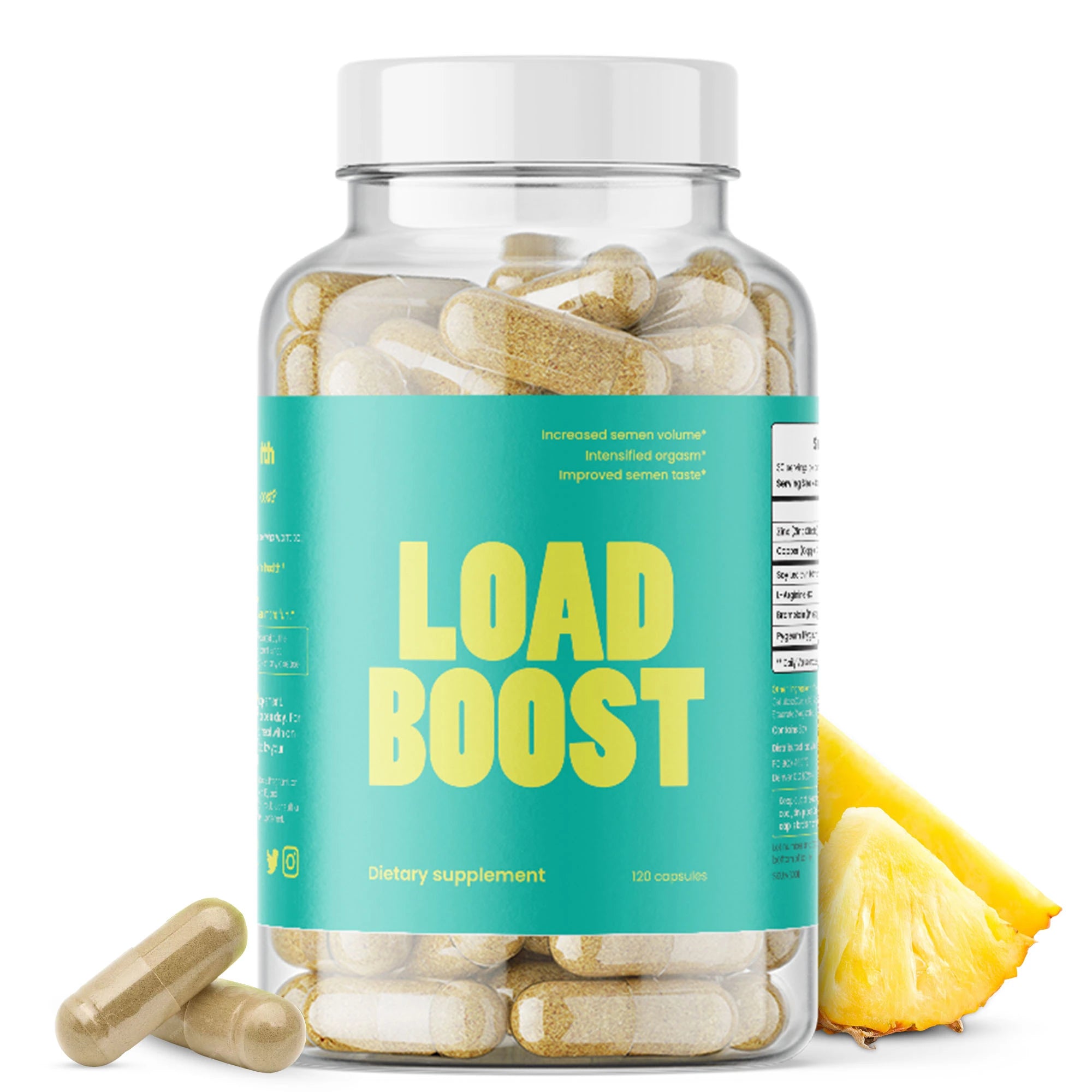Prune juice has long been recognized as a natural remedy for constipation, and its popularity endures thanks to both traditional wisdom and modern scientific evidence. Prunes, or dried plums, contain sorbitol, a sugar alcohol with natural laxative properties. Additionally, prunes are high in fiber, which helps stimulate digestive health by adding bulk to stool and encouraging regular bowel movements. A 2019 study published in Clinical Nutrition found that daily consumption of prune juice effectively improved stool frequency and consistency, supporting its role as a gentle yet reliable remedy.
Nutritional Composition and How it Aids Digestion
Prune juice is rich in dietary fiber, particularly insoluble fiber, and contains significant amounts of sorbitol and phenolic compounds. These substances synergistically enhance gut motility and draw water into the intestines, making stools softer and easier to pass. According to the USDA, a cup of prune juice (240 ml) provides about 2.6 grams of dietary fiber and 182 calories, alongside essential nutrients like potassium, magnesium, and vitamin K, which further promote gastrointestinal health.
Scientific Evidence Supporting Prune Juice
Recent research has reinforced prune juice's effectiveness in treating constipation. A study in the American Journal of Gastroenterology (2014) reported that consuming prune juice daily significantly improved constipation symptoms compared to other fiber sources or laxatives. A systematic review published in the journal Alimentary Pharmacology & Therapeutics in 2020 concluded that prune products are safe, effective, and recommended as first-line treatments for mild-to-moderate constipation.
There are other, less healthy methods, to change how your gastrointestinal system functions. Some people have found that nicotine makes you poop, and use nicotine and/or tobacco products to aid bowel movements.
Recommended Intake and Usage Tips
For optimal benefits, experts typically recommend drinking half a cup (120 ml) to one cup (240 ml) of prune juice daily. It's best to start with smaller amounts and gradually increase to avoid possible side effects like bloating or gas. Drinking plenty of water throughout the day complements the laxative effect by ensuring adequate hydration of the stool.
Potential Side Effects and Precautions
While prune juice is generally safe, excessive consumption can lead to gastrointestinal discomfort, including diarrhea, bloating, and gas due to high sorbitol and fiber content. People with Irritable Bowel Syndrome (IBS) or fructose intolerance should consult healthcare providers before regularly consuming prune juice. Those with kidney issues should monitor their intake due to prune juice's high potassium content.
The shape and density of your poop can also be changed with a new prune juice routine. Consult the Bristol Stool Chart to know that you're at a healthy range.
Incorporating Prune Juice into Your Daily Routine
Integrating prune juice into your diet can be straightforward and enjoyable. Mix prune juice into smoothies, oatmeal, or yogurt for a nutritious boost. Pairing prune juice with breakfast or drinking it as an evening digestive aid can help establish a regular habit that enhances digestive health.




